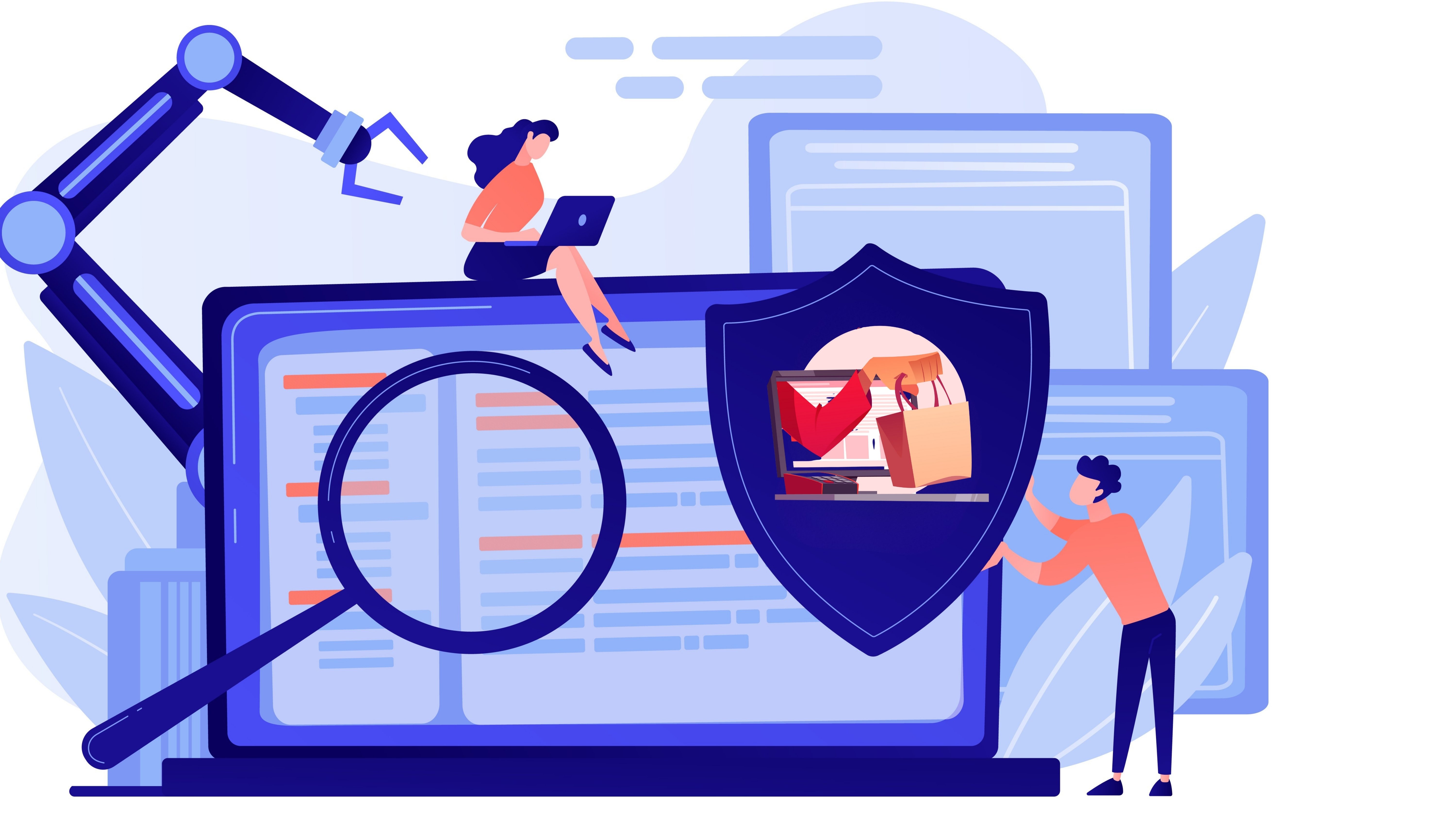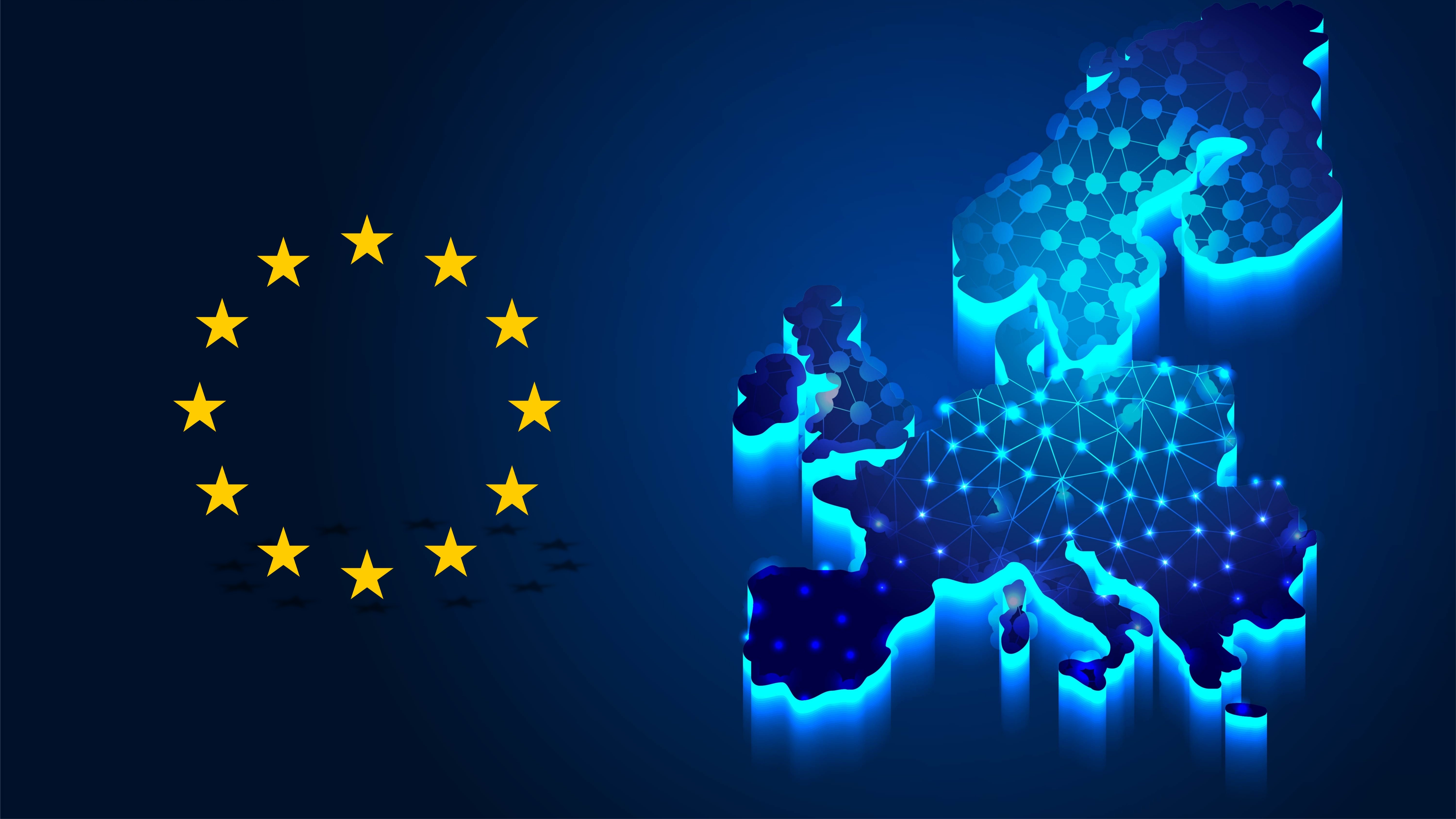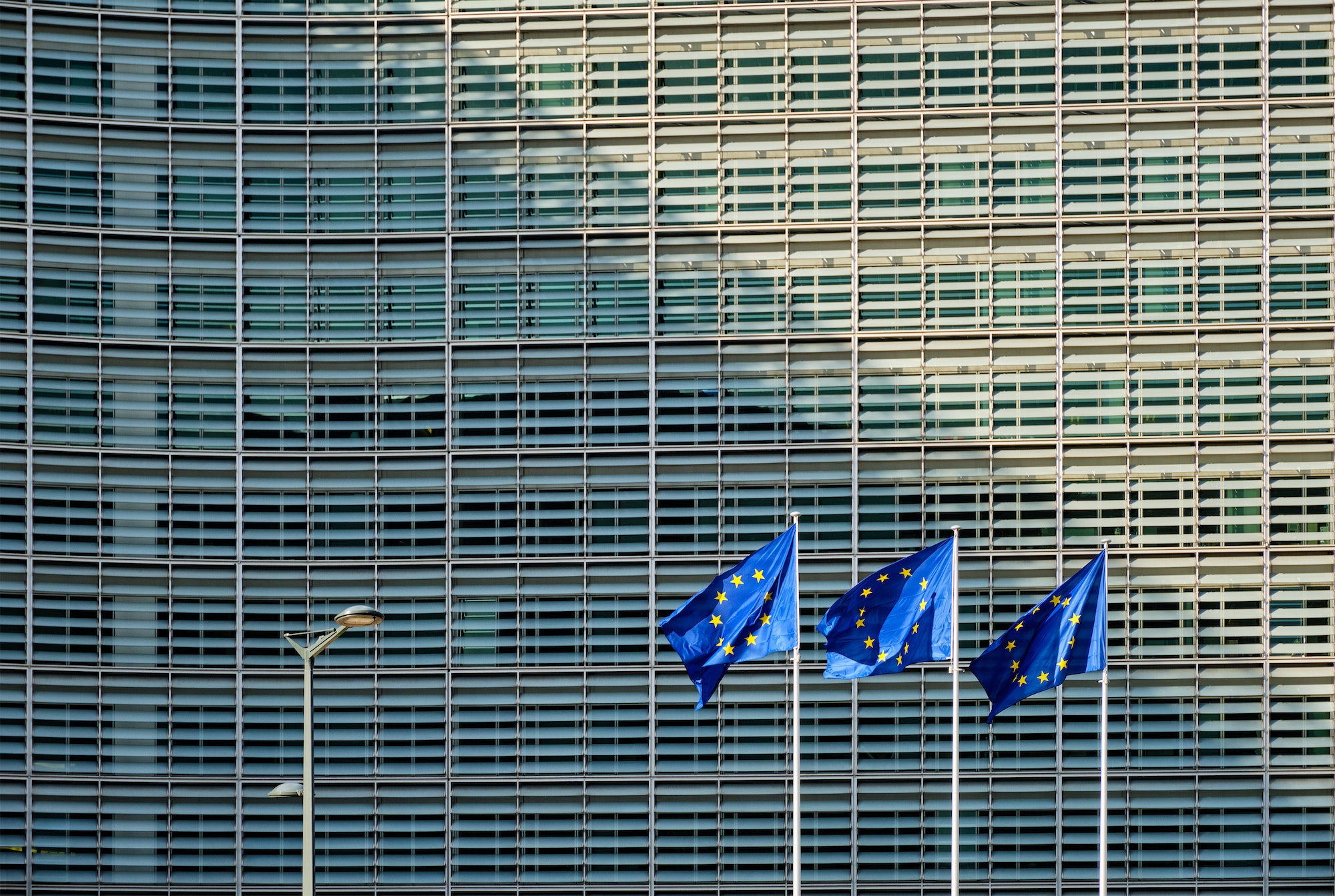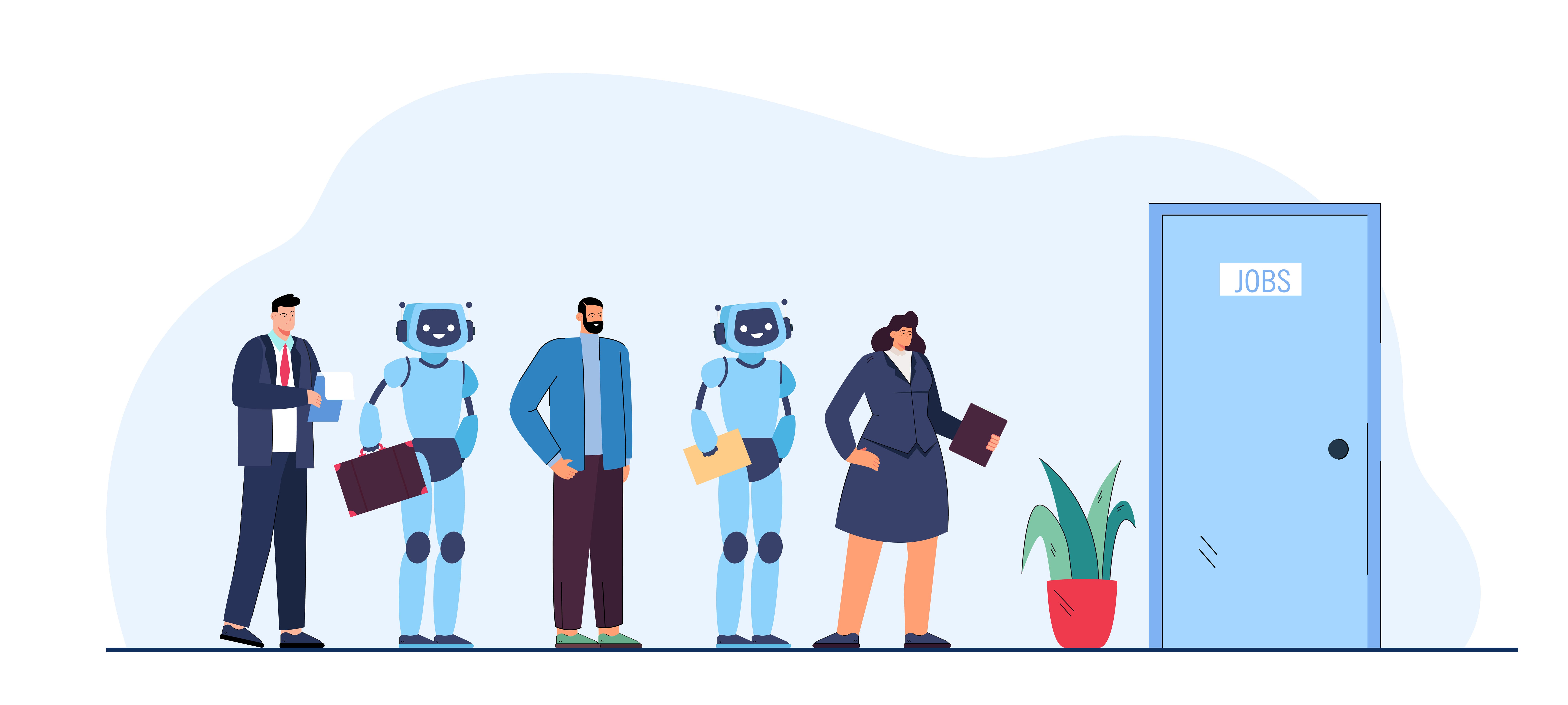Alphabet CEO Sundar Pichai recently warned people against having total confidence in artificial intelligence tools. Speaking to the BBC, the head of Google’s parent company stressed that current state-of-the-art AI technology remains ‘prone to errors’ and must be used judiciously alongside other resources.
The executive also addressed wider concerns about a potential ‘AI bubble’ following increased tech valuations and spending across the sector. Pichai stated he believes no corporation, including Google, would be completely safe if such an investment surge were to collapse. He compared the current environment to the early internet boom, suggesting the profound impact of AI will nonetheless remain.
Simultaneously, the largest bank in the US, JPMorgan Chase, is sounding an alarm over market instability. Jamie Dimon, the bank’s chair and chief executive, expressed significant worry over a severe US stock market correction, predicting it could materialise within the next six months to two years. Concerns over the geopolitical climate, expansive fiscal spending, and worldwide remilitarisation are adding to this atmosphere of economic uncertainty.
Would you like to learn more about AI, tech and digital diplomacy? If so, ask our Diplo chatbot!










